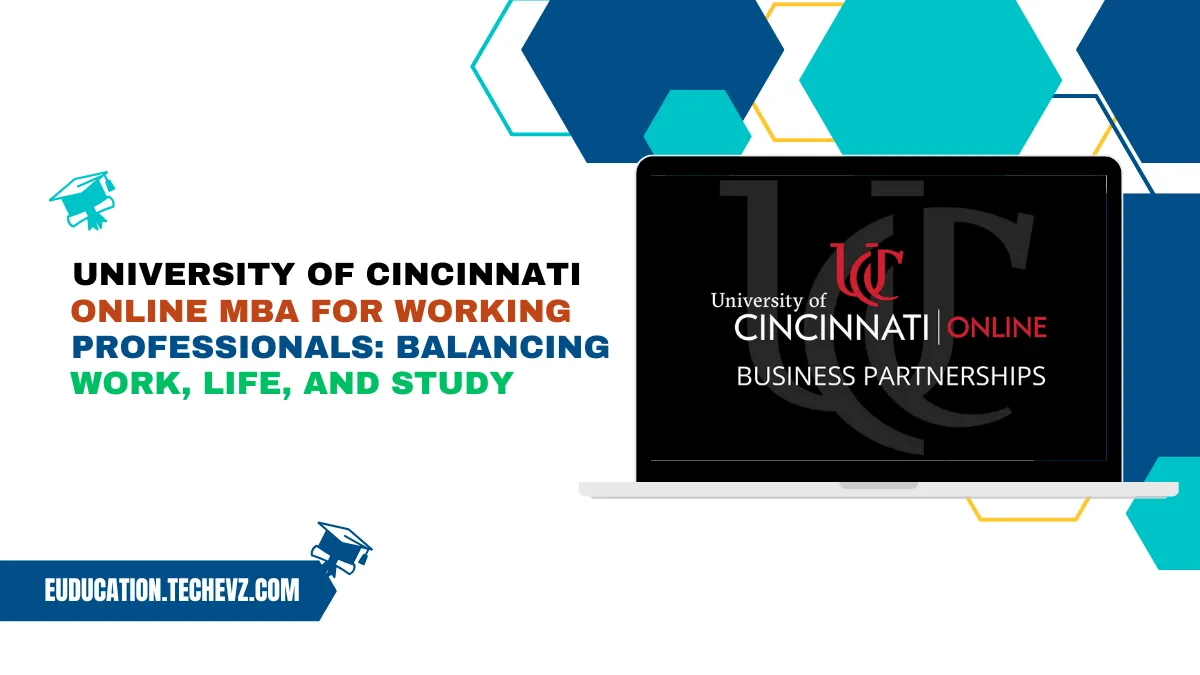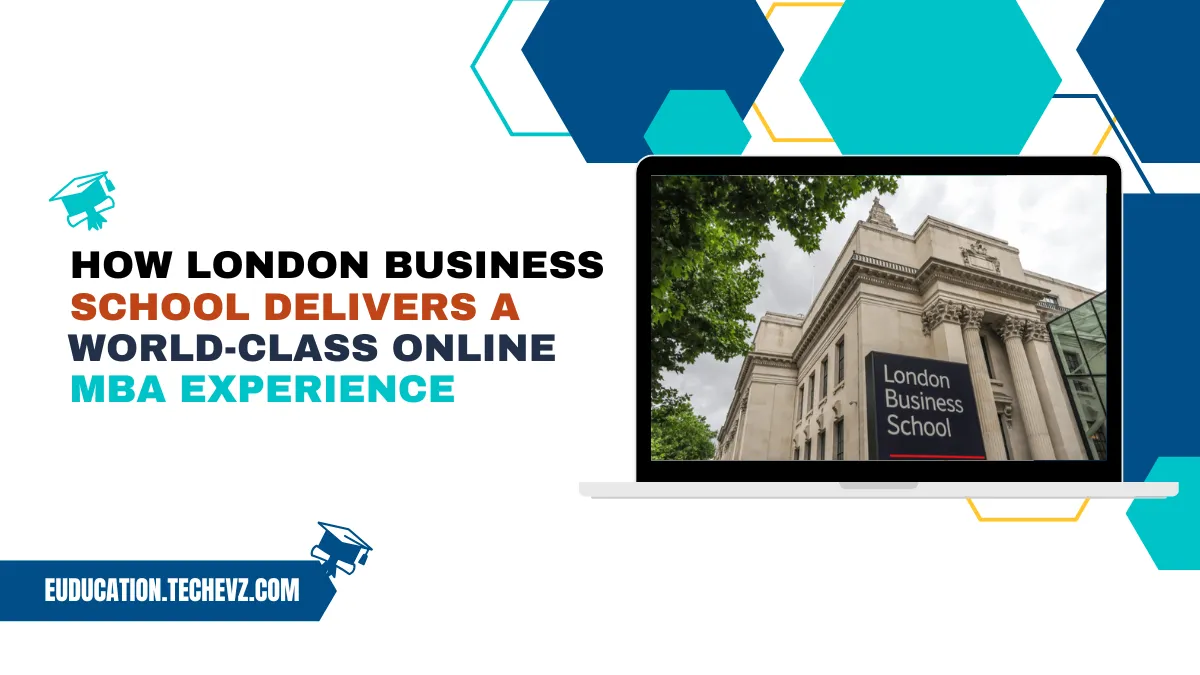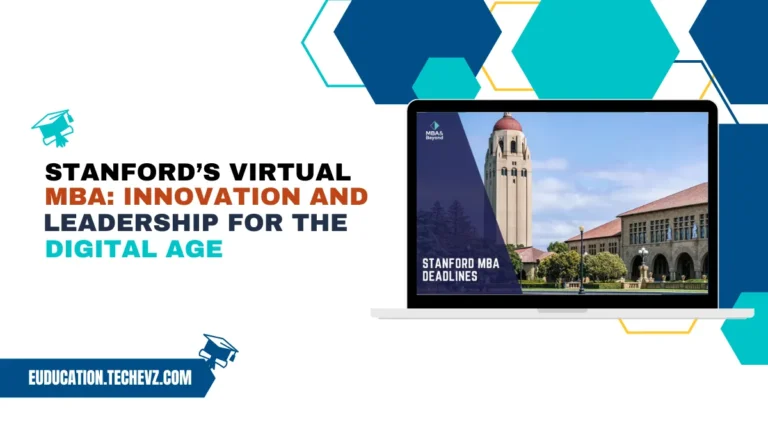In today’s competitive business landscape, professionals often seek ways to enhance their skills and accelerate career growth. An Executive MBA (EMBA) is one such option that promises advanced knowledge, expanded networks, and better career opportunities. But the big question remains: Is an Executive MBA worth the investment? Let’s explore the return on investment (ROI) of an EMBA and help you decide if it aligns with your career goals.
What is an Executive MBA?
An Executive MBA is a specialized graduate program designed for working professionals, managers, and executives who want to advance their business knowledge without interrupting their careers. Unlike traditional MBA programs, EMBAs offer flexible schedules, often including weekend or online classes, tailored curriculum for leadership and strategic management, and a cohort-based learning environment.
Factors Influencing ROI of an Executive MBA
The ROI of an EMBA depends on multiple factors. Understanding these can help you evaluate whether the investment makes sense for you.
1. Cost of the Program
EMBA programs tend to be expensive. Tuition fees can range anywhere from $40,000 to over $200,000, depending on the institution, location, and program duration. Besides tuition, other costs such as travel, books, and opportunity costs (time away from work) should also be considered.
2. Career Advancement
One of the biggest benefits of an EMBA is career progression. Many graduates report promotions, salary increases, and new job opportunities after completing the program. According to surveys, EMBA graduates typically see an average salary increase of 20-30% within a few years of graduation.
3. Networking Opportunities
EMBA programs connect you with a network of experienced professionals across industries. This network can lead to new business opportunities, mentorship, and lifelong professional relationships that contribute to career growth.
4. Skill Enhancement
The curriculum in EMBA programs focuses on leadership, strategic thinking, and advanced business concepts. This knowledge equips professionals to take on higher responsibility roles, manage teams effectively, and contribute to organizational success.
5. Brand Value of the Institution
The reputation of the business school plays a crucial role in ROI. Graduating from a top-tier institution often leads to better job prospects and higher salary growth compared to lesser-known schools.
Calculating the ROI of an Executive MBA
ROI can be measured by comparing the total cost of the program against the tangible benefits gained after graduation.
ROI Formula: ROI=Total Financial Gains−Total Cost of ProgramTotal Cost of Program×100ROI = \frac{\text{Total Financial Gains} – \text{Total Cost of Program}}{\text{Total Cost of Program}} \times 100ROI=Total Cost of ProgramTotal Financial Gains−Total Cost of Program×100
- Total Financial Gains include salary increments, bonuses, new job salaries, and any additional business income.
- Total Cost of Program includes tuition, fees, books, travel, and opportunity cost.
For example, if you spend $100,000 on your EMBA and within three years your salary increases by $50,000 annually, your cumulative gain could be around $150,000, resulting in a positive ROI.
Is an Executive MBA Worth It?
While the numbers provide a guideline, the true value of an EMBA extends beyond just financial gains. Here’s why:
- Personal Growth: Many graduates report improved confidence, leadership skills, and a broader perspective.
- Career Flexibility: An EMBA can open doors to new industries and leadership roles.
- Long-Term Benefits: The network and skills acquired continue to pay dividends throughout your career.
However, if you’re not ready to commit time or finances, or if your current role doesn’t require advanced business knowledge, an EMBA may not offer immediate returns.
Tips to Maximize Your EMBA ROI
- Choose the right program: Look for schools that offer strong alumni networks, relevant curriculum, and good placement support.
- Leverage networking: Actively engage with peers, professors, and alumni.
- Apply learnings on the job: Integrate new skills to create measurable impact.
- Plan financially: Budget carefully and consider employer sponsorship or loans.
Conclusion
The ROI of an Executive MBA varies based on individual goals, program choice, and career path. For many professionals, it is a worthwhile investment that accelerates growth, increases earning potential, and provides invaluable skills. Evaluate your situation, research programs carefully, and make an informed decision.







